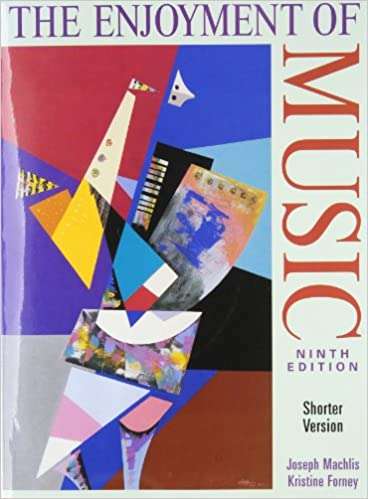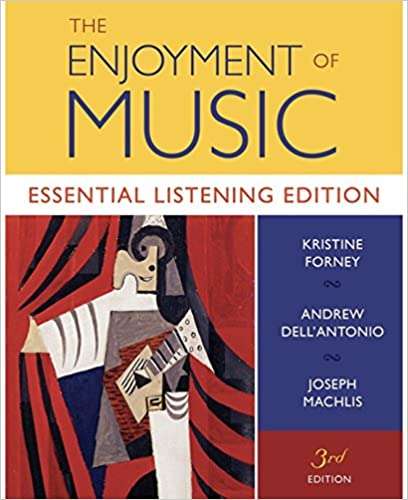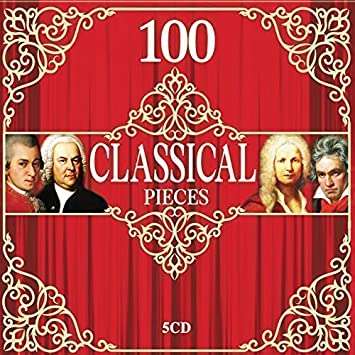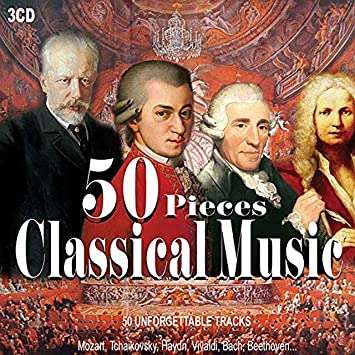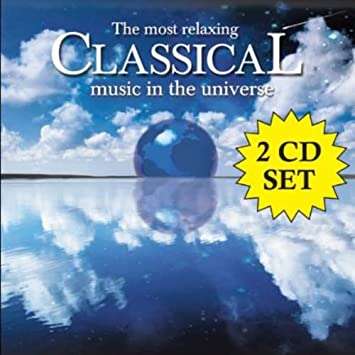Classical music is often seen as inaccessible or intimidating to those who are not familiar with it. However, understanding and appreciating classical music can be a rewarding and enriching experience for anyone, regardless of their background or musical knowledge. This article will provide a comprehensive guide for beginners looking to appreciate classical music, with tips and techniques to help develop a deeper understanding and appreciation for this genre.
Introduction
Classical music is a genre of music that has stood the test of time, with many pieces still performed and enjoyed hundreds of years after their composition. Appreciating classical music can be a highly enriching experience that can bring a new depth to one’s life. This article will explore the basics of classical music appreciation, from understanding the genre to developing an ear for classical music and discovering new pieces.
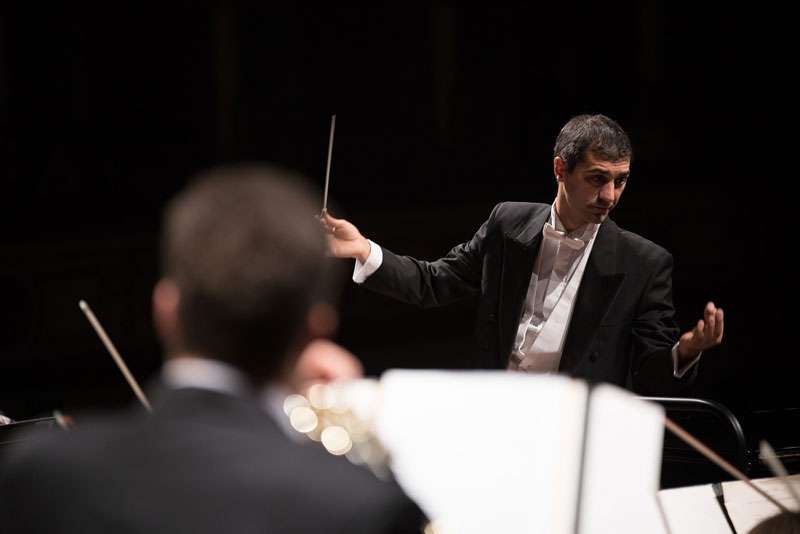

Understanding Classical Music
To appreciate classical music, it is important to have a basic understanding of its history, characteristics and key composers.
History
Classical music is a genre of music that spans from the 17th to the 20th century, characterized by its complex structures, sophisticated harmonies, and intricate instrumentation. It emerged from the Baroque period, which was known for its grandeur and ornate style, and evolved over time into different stylistic periods, including the Classical, Romantic, and Modern periods.
Characteristics
One of the defining characteristics of classical music is its use of a standardized musical notation system, which allows for precise communication and interpretation of the composer’s intentions. The use of harmony, counterpoint, and tonality are also key elements of classical music, which are used to create a sense of structure, balance, and tension within the music.
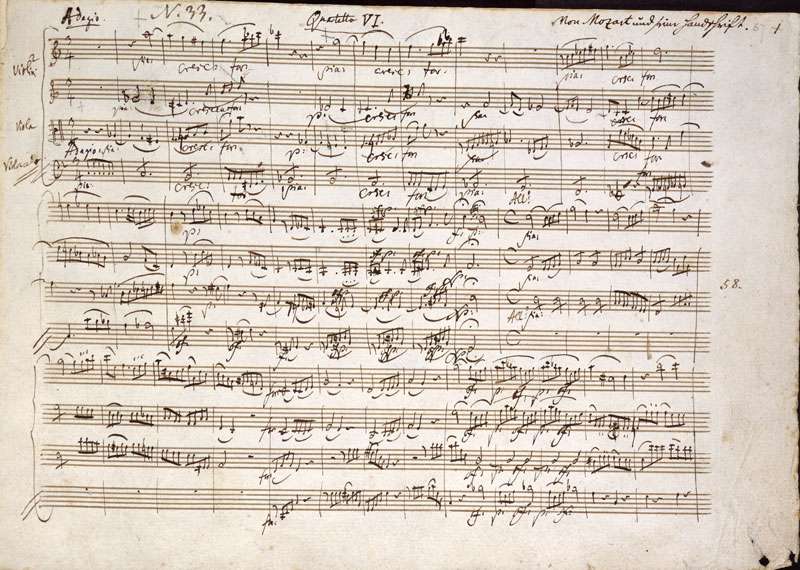

Classical music is often performed by large orchestras, which can include a variety of instruments, including strings, brass, woodwinds, and percussion. The use of instruments is highly varied, with many different types and sizes of instruments being used to create different textures and colors in the music.


Another defining characteristic of classical music is its emphasis on form, which is used to create a sense of balance and symmetry within the music. Composers often used established forms, such as sonatas, symphonies, and concertos, as a framework for their compositions.
Key Composers
Composers such as Johann Sebastian Bach, Wolfgang Amadeus Mozart, and Ludwig van Beethoven are widely regarded as some of the most important composers in classical music history. Their contributions to the genre have left a lasting impact, and their works continue to be performed and enjoyed to this day.


Developing an Ear for Classical Music
Active listening is an essential technique for developing an ear for classical music. This involves listening to a piece of music with intention, focusing on the different elements of the music and how they work together. One can develop an understanding of melody, harmony, and rhythm by paying attention to the different parts of the music and how they interact with each other.
It can also be helpful to learn more about the different musical instruments used in classical music. By familiarizing oneself with the sound of different instruments, one can better appreciate the different parts of a piece and how they come together to create a cohesive whole.
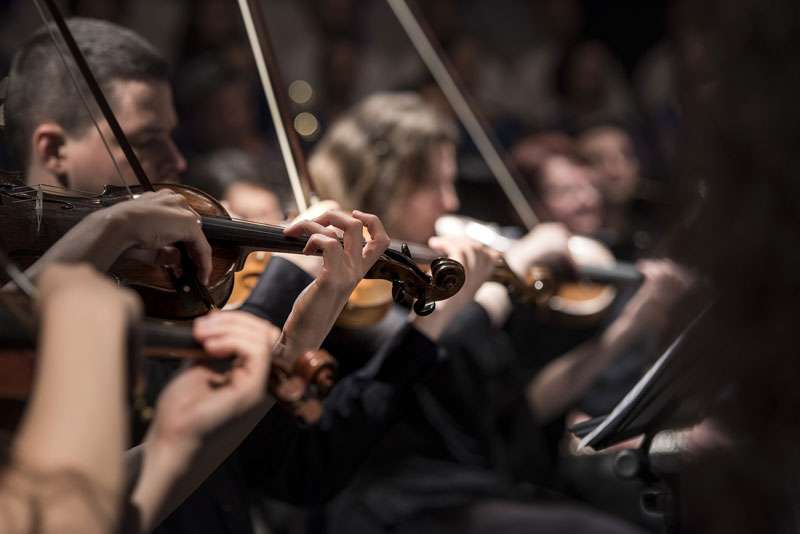

Building Your Repertoire
There is a vast amount of classical music to explore, so it can be helpful to start with popular classical music pieces for beginners. These include works such as Beethoven’s Symphony No. 5, Mozart’s Eine Kleine Nachtmusik, and Tchaikovsky’s Nutcracker Suite. These pieces are widely recognized and have stood the test of time, making them accessible for beginners.
As one becomes more familiar with the genre, it can be helpful to explore different genres of classical music, such as opera or chamber music. This can open up new avenues for appreciation and discovery.
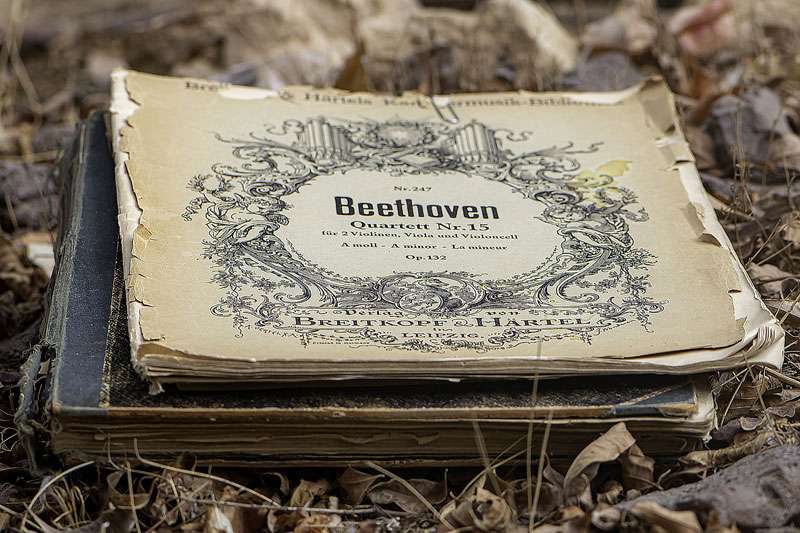

Attending Live Performances
Attending live classical music performances can be an unforgettable experience. In addition to the musical experience, live performances can also provide insight into the history and context of the music. When attending a performance, it can be helpful to familiarize oneself with the pieces being performed beforehand, and to arrive early to get a good seat and absorb the atmosphere.
Recommended venues for classical music performances include concert halls, opera houses, and outdoor venues such as parks and amphitheaters.


Resources for Learning More
There are many resources available for those looking to learn more about classical music. Books such as “The Enjoyment of Music” by Joseph Machlis and Kristine Forney provide an excellent introduction to the genre, while online resources such as Classical FM and The Metropolitan Opera offer a wealth of information and streaming options.
Music apps such as Spotify and Apple Music offer curated playlists and recommendations for classical music, making it easy to discover new pieces and composers.
Conclusion
Appreciating classical music may seem like a daunting task at first, but with the right techniques and resources, anyone can develop an understanding and appreciation for this timeless genre. By understanding the history and context of classical music, developing an ear for the different elements of music, building a repertoire of popular pieces, attending live performances, and utilizing resources for learning more, one can become a true classical music enthusiast.
In addition to the personal enrichment that comes with appreciating classical music, there are also many benefits to one’s overall well-being. Studies have shown that listening to classical music can lower stress levels, improve mood, and enhance cognitive function.
By following the tips and techniques outlined in this article, beginners can develop a deeper appreciation for classical music and open up a new world of musical discovery. From Baroque to Contemporary, there is something for everyone to discover and enjoy in the world of classical music.


Resources on Amazon
We may get paid by brands or deals, including promoted items.


